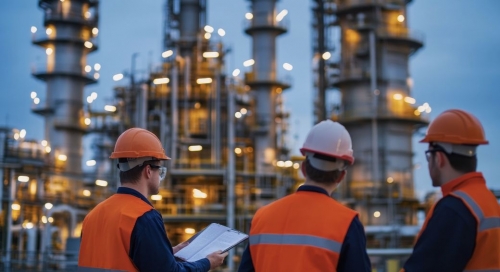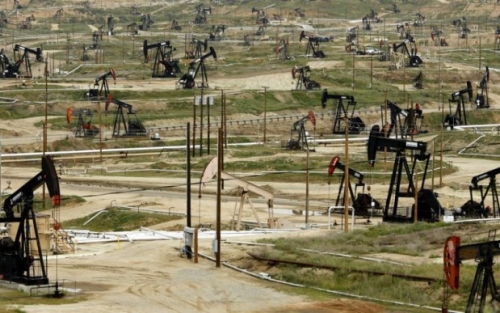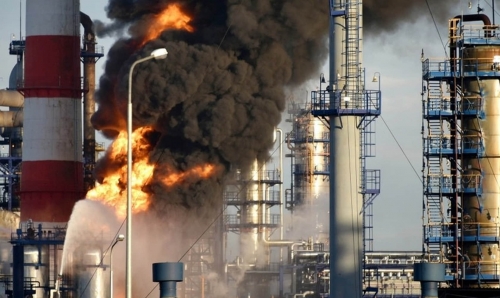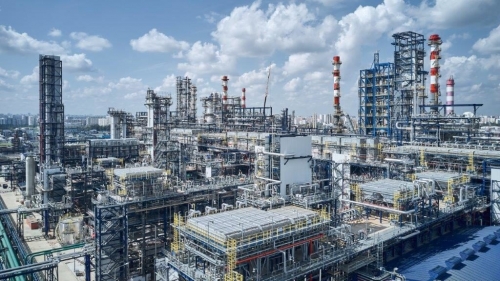Algeria is planning to reduce oil subsidies further as a way of cutting public spending amid consistently low oil prices, the North African country’s Finance Minister Haji Baba Ammi told Bloomberg in an interview. Fuel subsidies were cut last year, with gasoline and diesel prices jumping by 14 percent and 11 percent, but subsidies are still 27 percent of GDP, while international oil prices are stuck around the US$50 mark.
Like other Arab nations, Algeria is being careful in the implementation of economic reforms in the face of declining oil export revenues and high youth unemployment. The government is wary of protests, such as the ones that forced neighboring Tunisia’s President to last week call in the military to guard the oil fields, as protests sparked by unemployment escalated. This was the first time in history that the army has had to guard the country’s hydrocarbon production.
Algeria’s oil and gas exports contribute about a quarter of GDP, according to the Energy Information Administration, as well as over 60 percent of budget revenues, and 95 percent of total export revenues. Besides the crash in oil prices, the country’s hydrocarbons sector has suffered from delays in government decisions regarding new projects and a consequent reluctance on the part of prospective investors to bid for new fields.
While oil prices were high, Algeria enjoyed more than ten years of budget surpluses, which helped to fund a variety of public spending programs, including free health care for all. Since 2014, the state coffers have slipped from black to red, with the deficit last year hitting 12 percent of GDP. This year, however, it should go down to just 2.5 percent, further falling to 2.1 percent in 2018.
Free universal health care, though, cannot be sustained, according to Ammi.
As of April 2017, Algeria was pumping 1.075 million bpd of oil, with the historical high at 1.43 million bpd, reached in July 2004, all from conventional production. The country has considerable shale oil and gas reserves as well, with the EIA estimating the crude oil recoverable total at 5.7 billion barrels, and the gas total at 707 trillion cu ft. These make the North African country holder of the third-largest shale hydrocarbon reserves globally.

%20(1).png)



